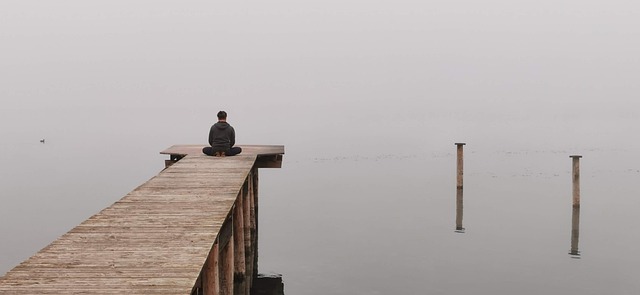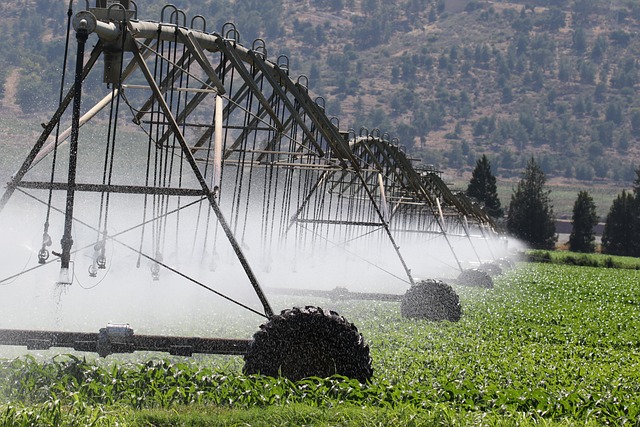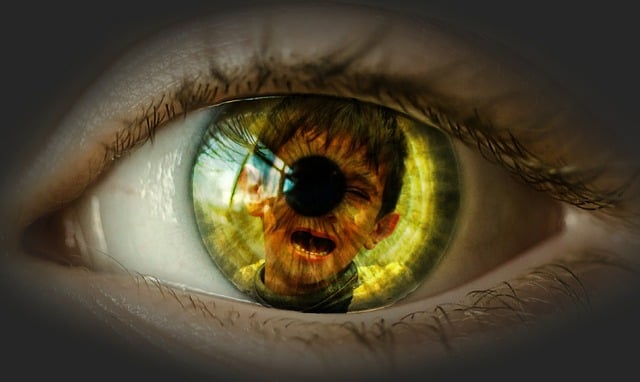The Change Academy at Lake of the Ozarks (CALO) faces a severe institutional abuse scandal, with allegations of physical, emotional, and psychological mistreatment towards vulnerable individuals. This hidden crisis leads to lasting mental health issues and social isolation for victims. The current justice system struggles to address such cases due to complex reporting and lack of specialized resources. Comprehensive reforms, increased awareness, and dedicated mechanisms are needed to prevent future abuse at CALO. Proposed solutions include enhanced regulatory oversight, mandatory staff reporting, expanded victim support services, and collaborative efforts between stakeholders to establish accountability and respect within the institution.
“The heinous acts within the confines of the Change Academy at Lake of the Ozarks (CALO) have left an indelible mark on its victims, demanding immediate and comprehensive justice. This article delves into the profound scope and impact of CALI abuse, critically examining current justice systems’ challenges in addressing these cases effectively. Furthermore, it proposes strategic reforms to ensure victims receive the justice they deserve. By exploring these aspects, we aim to shed light on a path towards healing and accountability.”
- Understanding the Scope of CALO Abuse and Its Impact
- Current Justice Systems and Their Challenges in Addressing CALO Cases
- Proposed Reforms and Strategies for Achieving Justice for Victims
Understanding the Scope of CALO Abuse and Its Impact

The Change Academy at Lake of the Ozarks (CALO) has been at the center of a devastating institutional abuse scandal, shedding light on a hidden crisis within its walls. CALO, marketed as a transformative educational institution, allegedly subjected vulnerable individuals to physical, emotional, and psychological mistreatment, leaving lasting scars. This abuse may include excessive punishment, neglect, and even sexual exploitation, all of which have severe consequences for the victims’ well-being and future prospects.
The scope of the issue becomes evident when considering the potential reach of CALO’s operations and its impact on participants. Many victims are young people who trust the institution with their care, only to find themselves caught in a cycle of harm. The effects extend far beyond physical injuries; they can lead to long-term mental health issues, disrupted education paths, and social isolation. Understanding the magnitude of this abuse is crucial for holding perpetrators accountable and ensuring justice for those affected, ultimately aiming to prevent similar tragedies from occurring again.
Current Justice Systems and Their Challenges in Addressing CALO Cases

The current justice system often faces significant challenges when addressing cases of institutional abuse, such as those that occur within the Change Academy at Lake of the Ozarks (CALO). Despite strides made in legal frameworks, many instances of systemic abuse remain undetected or under-prosecuted. This is largely due to complex reporting structures and a lack of specialized resources dedicated to investigating non-criminal acts of abuse within educational institutions. The absence of clear guidelines and protocols specifically tailored for CALO-like cases contributes to a fragmented response, making it difficult to hold perpetrators accountable.
Furthermore, the sensitivity and subtlety surrounding institutional abuse present unique obstacles. Victims may be reluctant to come forward due to fear of retaliation or lack of trust in authorities. Even when reports are made, identifying and attributing liability among various parties—including administrators, staff, and even well-meaning peers—can be convoluted. These challenges underscore the need for comprehensive reforms, increased awareness, and specialized mechanisms within the justice system to effectively address and prevent future instances of CALO institute abuse.
Proposed Reforms and Strategies for Achieving Justice for Victims

To achieve justice for victims of CALO (Change Academy at Lake of the Ozarks Institute) abuse, several proposed reforms and strategies can be implemented. One key approach is to strengthen regulatory oversight and accountability mechanisms within the institution. This includes regular, unannounced inspections by independent bodies to monitor compliance with ethical standards and protective measures. Furthermore, mandatory reporting protocols should be established for all staff, ensuring that any suspected or witnessed instances of abuse are promptly reported and investigated.
Additional strategies involve enhancing victim support services, providing legal aid, and offering psychological counseling tailored to the unique needs of those affected. Educational programs focused on recognizing and preventing institutional abuse can empower both current and future CALO participants. Collaborative efforts between regulatory bodies, legal professionals, mental health experts, and former students can facilitate a comprehensive approach to addressing past wrongs and ensuring a culture of accountability and respect within the institution moving forward.
The pervasive nature of CALO abuse, as highlighted by our exploration of its scope and impact, demands a reevaluation of current justice systems. The challenges faced in addressing these cases underscore the need for transformative reforms. By implementing the proposed strategies, including enhanced victim support, specialized legal frameworks, and increased public awareness, we can strive to achieve true justice for victims of CALO abuse. The Change Academy at Lake of the Ozarks Institute’s role in facilitating these changes is pivotal, offering a path towards a more equitable and responsive judicial system.
